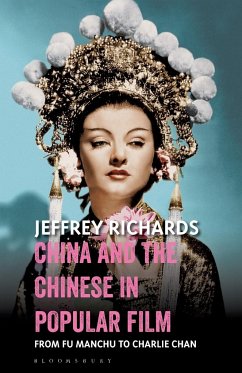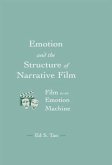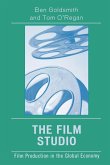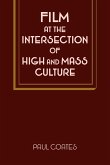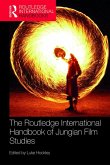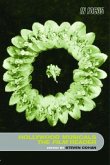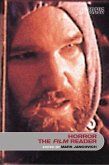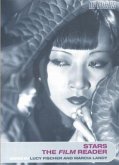There's a folk memory of China in which numberless yellow hordes pour out of the 'mysterious East' to overwhelm the vulnerable West, accompanied by a stereotype of the Chinese as cruel, cunning and depraved. Hollywood films played their part in perpetuating these myths and stereotypes that constituted 'The Yellow Peril'. Jeffrey Richards examines in detail how and why they did it. He shows how the negative image was embodied in recurrent cinematic depictions of opium dens, tong wars, sadistic dragon ladies and corrupt warlords and how, in the 1930s and 1940s, a countervailing positive image involved the heroic peasants of The Good Earth and Dragon Seed fighting against Japanese invasion in wartime tributes to the West's ally, Nationalist China. The cinema's split level response is also traced through the images of the ultimate Oriental villain, the sinister Dr. Fu Manchu and the timeless Chinese hero, the intelligent and benevolent detective Charlie Chan.Filling a longstanding gap in Cinema and Cultural History, the book is founded in fresh research into Hollywood's shifting representations of China and its people.

